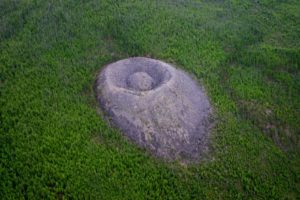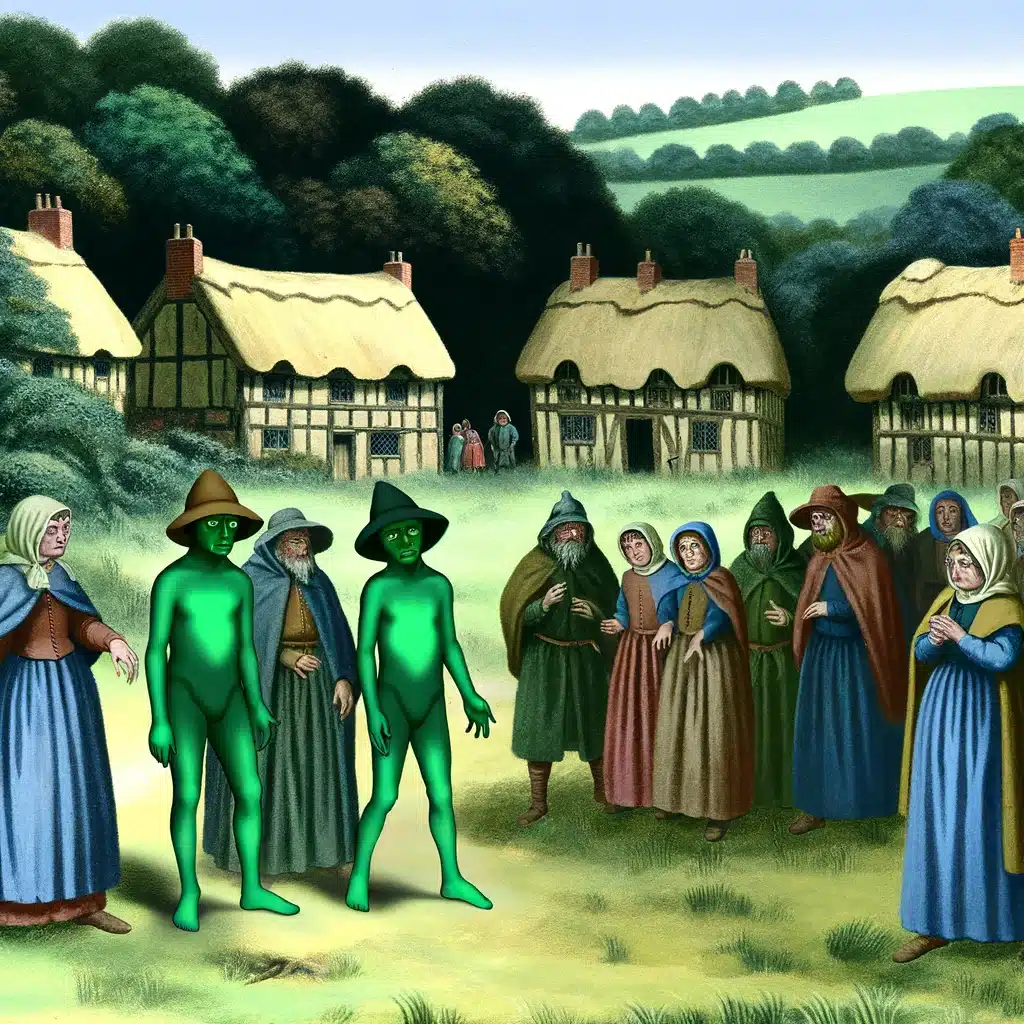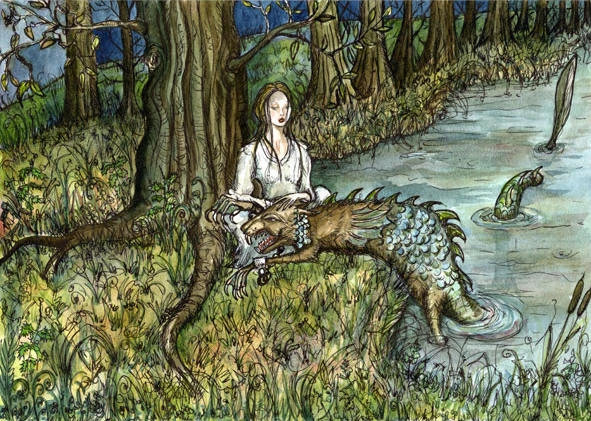In the lush landscapes of Barbados, a discovery in 2008 unveiled a creature so small and so unique that it challenged the existing perceptions of reptilian life. The Barbados threadsnake (Tetracheilostoma carlae) emerged into the scientific spotlight not just as a new species but as the world’s smallest known snake. This diminutive reptile, with its slender body and minute size, has since fascinated herpetologists and nature enthusiasts alike, offering a window into the remarkable adaptability and diversity of snake species.
Discovery and Significance
The discovery of the Barbados threadsnake was made by biologist S. Blair Hedges from Pennsylvania State University. His finding was not just a mere addition to the list of snake species but a groundbreaking revelation that pushed the boundaries of what was known about snake biology and ecology. Measuring an average of just about 10 centimeters (4 inches) in length, with some individuals barely reaching 10 centimeters at maturity, the Barbados threadsnake is thinner than a spaghetti noodle, demonstrating an extreme of evolution’s capacity for miniaturization.
Physical Characteristics and Behavior
The Barbados threadsnake’s body is a testament to evolutionary adaptation. Its diminutive size allows it to navigate through the soil and leaf litter of the tropical forests it calls home, hunting for termites and ant larvae. The snake’s diet is a reflection of its size, as it consumes small invertebrates that match its physical capacity. Despite its small stature, the Barbados threadsnake is a fully formed reptile, equipped with all the necessary anatomy to thrive in its environment.

The threadsnake’s coloration is a muted earth tone, providing camouflage against the forest floor. Its eyes are reduced, indicative of its subterranean lifestyle, where sight is less critical than in more open, above-ground habitats. This adaptation underscores the snake’s specialization to life beneath the surface, where it spends the majority of its time.
Habitat and Conservation Status
Found exclusively in the easternmost reaches of Barbados, the threadsnake’s habitat is confined to tropical forests that are increasingly under threat from human activity. The specificity of its habitat, combined with the island’s ongoing development, places the Barbados threadsnake in a precarious position. Conservation efforts are essential to ensure the survival of this species, highlighting the need to preserve the natural habitats that support Barbados’s unique biodiversity.
The snake’s discovery has also underscored the importance of comprehensive biodiversity surveys, particularly in regions known for their rich but vulnerable ecosystems. As habitats worldwide face the pressures of development, climate change, and pollution, the story of the Barbados threadsnake serves as a reminder of the countless species that remain at risk, many of which are yet to be discovered.
The Future of the World’s Smallest Snake
As research continues, the Barbados threadsnake stands as a symbol of nature’s intricacies and the delicate balance of ecosystems. Its existence challenges scientists and conservationists to delve deeper into the mysteries of the natural world, advocating for the protection of habitats that harbor such extraordinary life forms.

The Barbados threadsnake, though small in size, plays a significant role in the ecological tapestry of its home island. Its presence is a call to action for the conservation of the world’s biodiversity, urging humanity to recognize the value of even the smallest among us. In the grand scheme of nature’s diversity, the Barbados threadsnake is a reminder that size does not dictate significance, and that every species, no matter how small, has a role to play in the health and stability of our planet’s ecosystems.


















